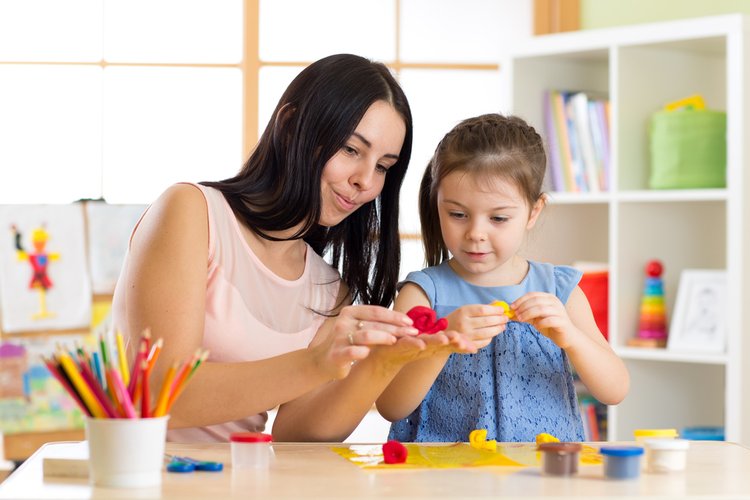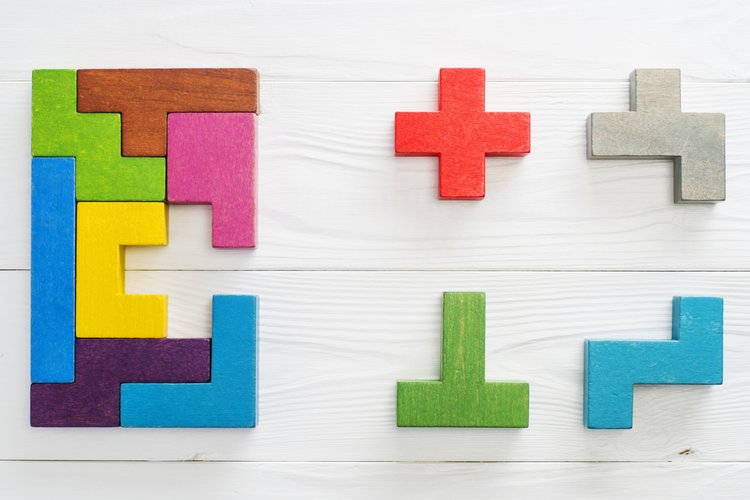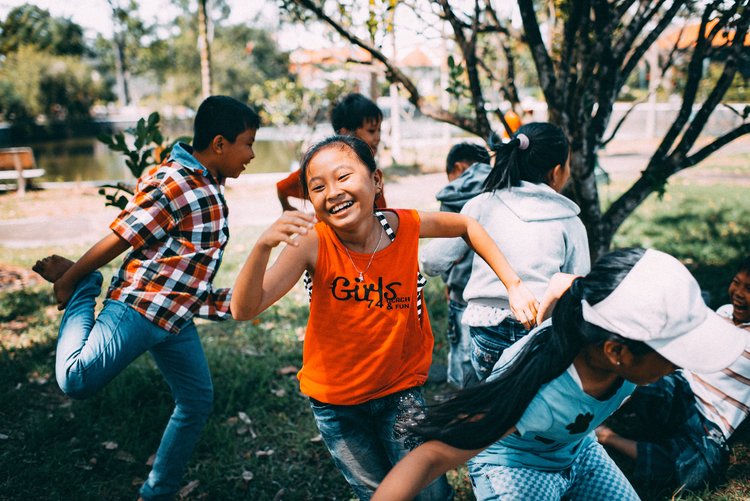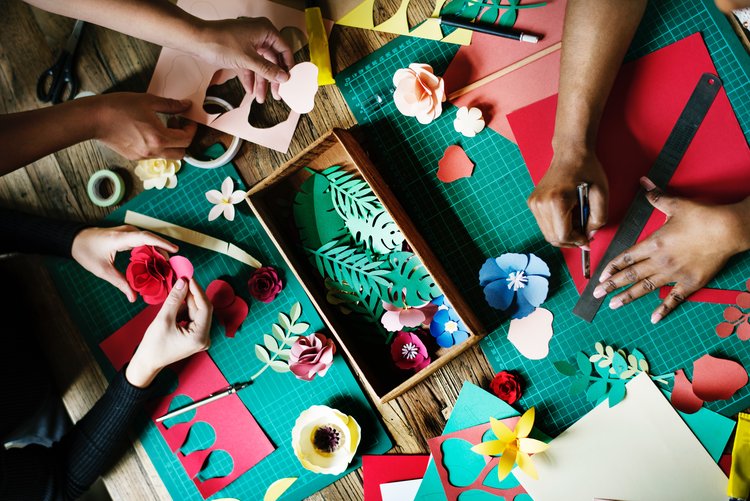Do you usually plan your day, the workload, career, finance, trading? Whatever it is you are orchestrating, a strategy for your project or personal investment, you try to adjust considering the familiar circumstances. But do we plan how to raise our children? What are the key characteristics and skills to focus on in order to make sure the child has a higher chance to undoubtedly succeed in the future?
The fact is that we tend to raise our children evaluating the world of today. By the time they grow up the reality will be completely different and knowledge and skills that we aim to teach them will become redundant. So, how to prepare our children for the future ahead of them? What are the key technologies behind the process of learning? Let’s try to look inside the crystal ball and see where the world is headed.
Priorities, educational system, information flow, and even life expectancy are changing. Let's break it down step by step.
A personalized approach towards education and parenting allows us to see the strengths and weaknesses of our children, set out priorities, and give them a chance to choose what they want to do. Kids should know their achievements are appreciated and at the same time feel supported and motivated when they encounter a challenge. It’s a recent trend to develop talents for the progressing future hoping the young ones will be able to adjust to the ever-changing environment.
Education nowadays doesn’t stop after college. We have a chance to continue accumulating knowledge throughout our entire lives thanks to the information available, easy access to professional courses, and development programs.
Due to the rise in our life expectancy, personal development doesn’t stop after retirement, either. There are plenty of resources to use and change the vector of stirring life. We can even change our career at any point without much hassle, unlike the previous generations. Just think about it: in about 10-15 years 15% of today’s occupations will succumb to history.
Technologies become a crucial tool in practically every sphere of life, and education is no exception. The issue of information overflow could only be solved by managing it wisely. BigData technologies and machine learning can control the continuous data flow and select the most beneficial information from it.
All these trends are just the tip of an iceberg. Let’s face the fact that we cannot predict, or even imagine what the world is going to be like exactly in the future. The difficulty is that since we are social beings, we wouldn't be who we are without external society which is literally “today’s environment”. For instance, children raised around wolves behave like wolfs and unlike the fairy tale, they will not have a chance to adopt normal behavior. If a Mowgli gets into a normal human society after the age of 6–7 years, there is no chance for him or her to master normal speech. By the age of 10-11, there won’t be any speech capability at all. This window of opportunity shuts down forever.
A child’s brain is a large blank canvas where you can write almost anything, but only up to a certain point in time. When a baby is first born, there is a huge amount of potential held within the neural connections between the cells of the brain.
The neuron connections become active as a result of contacting the external environment. However, in reality, only a part of them is activated at any point in time. Those that remain unclaimed or unused just die off. To put it simply, if your child fails to form a particular fundamental skill like speaking, it will be almost impossible to improve the situation in the future.
We should provide our kids with the latest technologies and gadgets until it’s too late! So that they will be up-to-date with technologies, this is crucial today and will definitely lead future progress. Well, that will not be a correct conclusion to make.
“You can’t put your face in a device and expect to develop a long-term attention span”, says TaeWoo Kim, the chief engineer in One Smart Lab.
And the question is what do you think is the most important? Attention or technical skills? First of all, you must understand that every machine is designed by people. Technologies are created to ease our workload. The danger is that kids use technologies mainly to reduce the need to build new neurons connections, not otherwise. And that is absolutely normal, we are all lazy, and laziness sometimes leads to progress. However, childhood is definitely not the time to be lazy. In fact, today employees of major companies such as Google, Yahoo, and Silicon Valley enterprises send their children to schools without computers.
The focus should be on developing soft skills that will stay relevant regardless of how the world changes. Experts identify four key competencies that are most necessary in the world that has already changed and the world that is still to come. They are called the four "C": communication, cooperation, creativity, and critical thinking. It might sound like common sense, but don’t underestimate the importance of these skills in the future.
Communication and cooperation
In the long run, you need to realize that a conversation with a specialist, not with a machine, will be much more appreciated. As we mention above a crucial part of learning is socializing. Even if your kid is only interested in chatting with classmates at school it’s still an excellent sign! Children can create an atmosphere that seems absolutely unsuitable for learning, however, they find a way to learn from the chaos they create. Trust us: they love to learn!
Creativity
School life with is going to end pretty soon. We live in a world where it's knowing right from wrong is not as easy as the grading system. Creative problem solving is more beneficial rather than looking for a “right” answer. You already know that from your work! Allow your child to express an opinion that is different from yours or from their peers. Creativity means freedom of self-expression and more importantly, having and making a choice. Who says that “right” tomatoes should be red? If you think so there is news: scientists created a new product – a purple tomato full of anthocyanins. Open your mind to raise a person who is creative and can adapt to any changes the future holds, and with some luck and knowledge, your kid will rise to lead these changes. Even in the distant future, it is impossible to imagine a technology capable of replacing the true talent and creativity fueled by the love for their work.
Critical thinking and curiosity
As the constant information flow overwhelms our reality it is important to learn techniques to filter the incoming data. It all starts with the parents' authority. Your toddler will rather trust you than a distant relative or a stranger in a store. The authority will be shared between you and the teacher. It gets more complicated as the child grows and it's your responsibility to develop the skill of critical thinking. Connected closely with creativity, critical thinking allows you to find the best solution. The foundation is built while you teach your child chose “creating” rather than “googling”. Explain to your children that not all the information on the internet is trustworthy and they need to develop techniques to filter it. These complicated ideas will get easier to practice as long as you stimulate the hunger for knowledge in both you and your child. Because who needs random facts if there is a craving for genuine insights?
It's exciting to have all the sources for children and teenagers to learn about the latest things vital for our generation that will surely last, like BigData, and programming, and many more things! There are lots of outstanding opportunities for children to master technologies to a phenomenal level. But first, make sure to invest in developing the key skills and don’t let your children lose touch with reality. At the end of the day, no matter where the progress leads us, no matter what professions are in demand, a confident person who understands his or her needs and talents is far more likely to find a way to make a difference and grow. Support your children to build that confidence, and allow them to make their own mistakes, as mistakes are a timeless source of learning.








